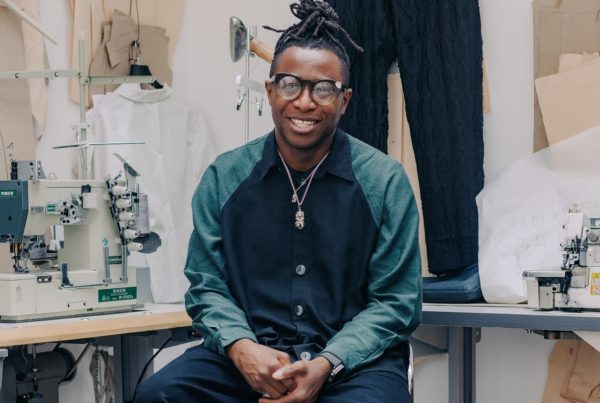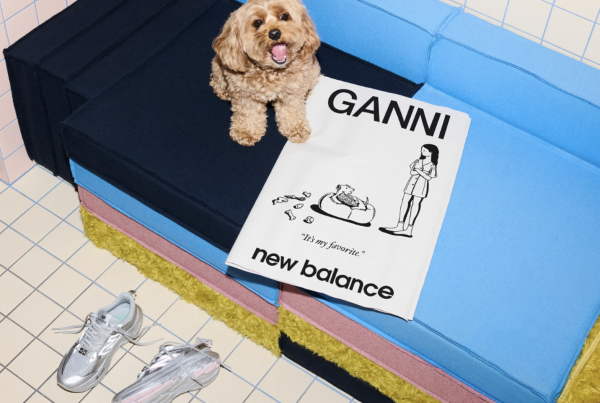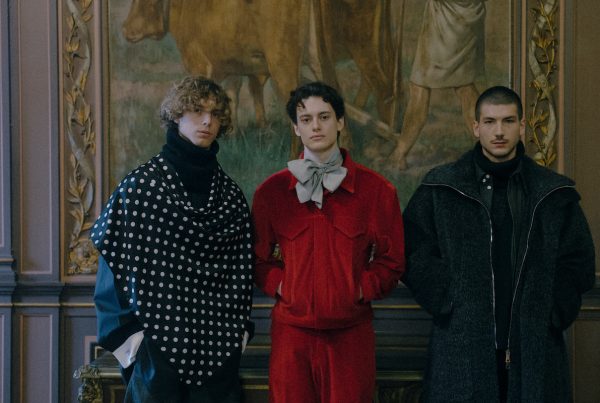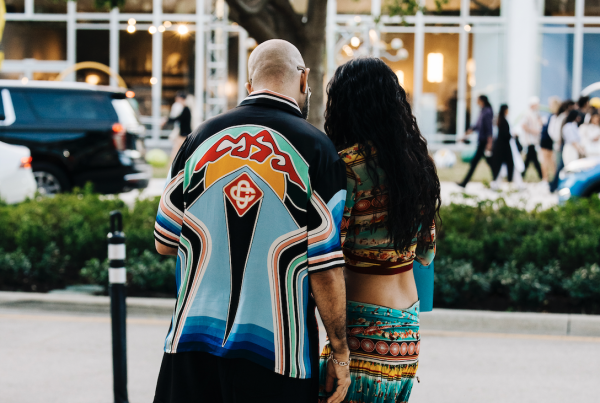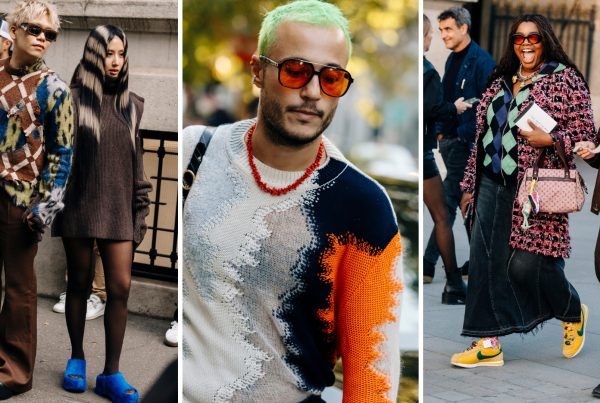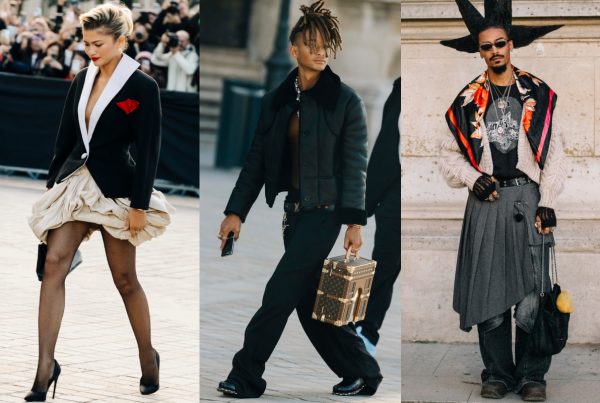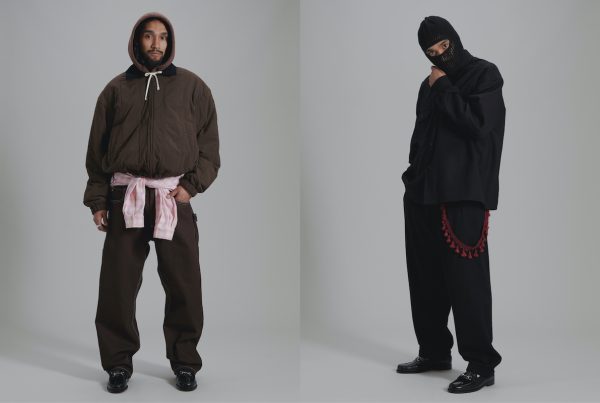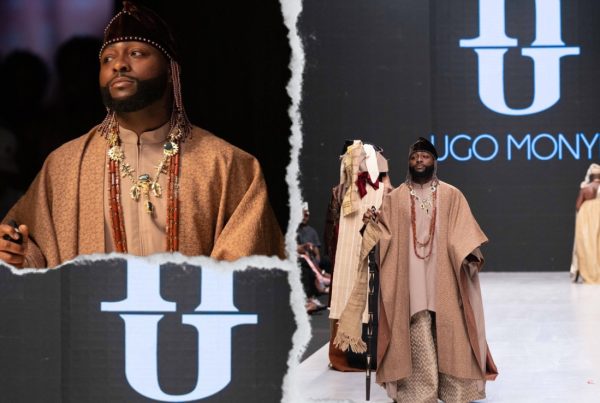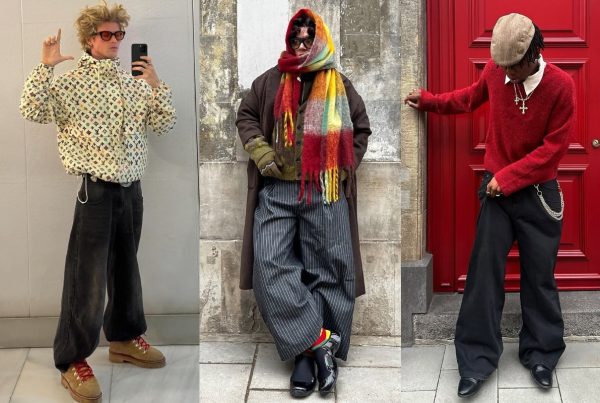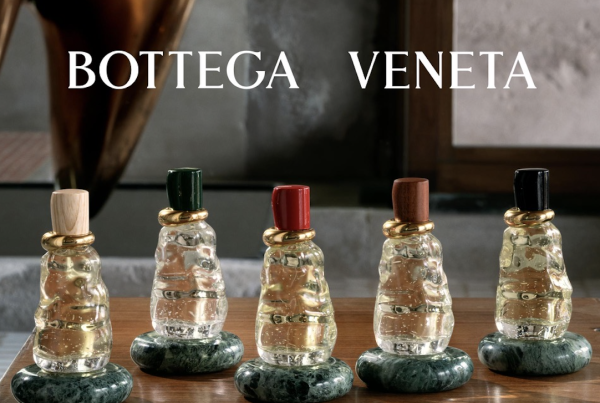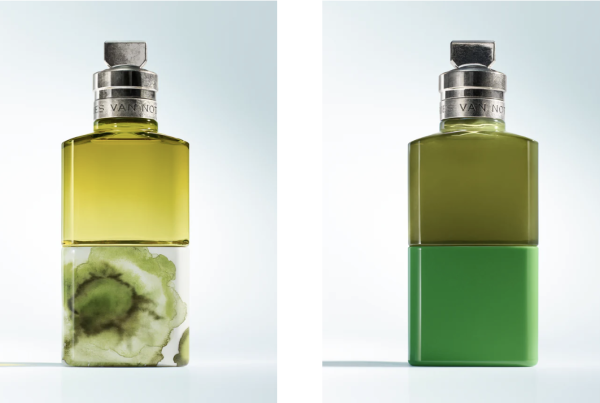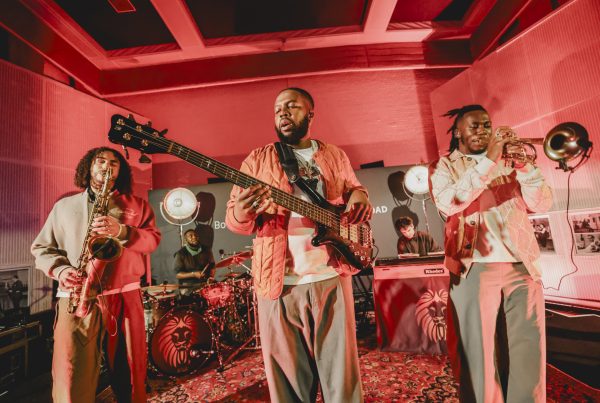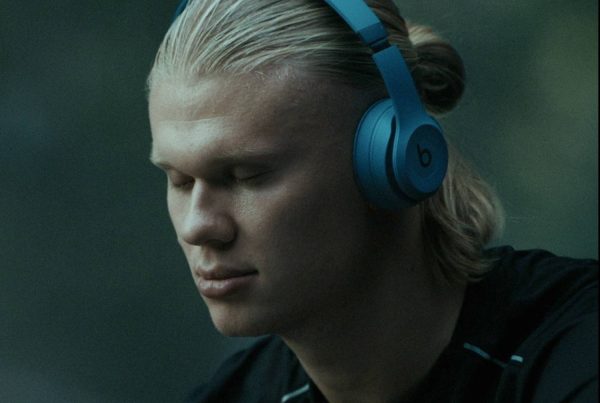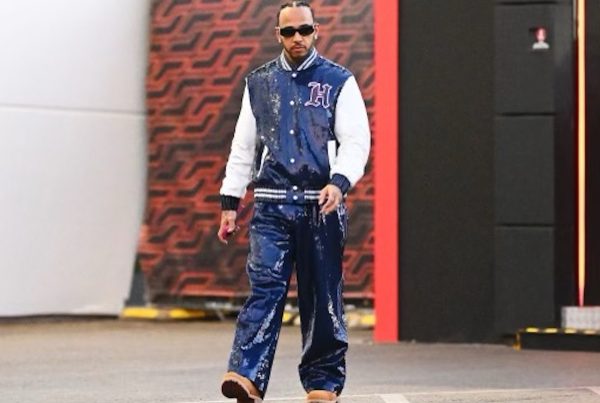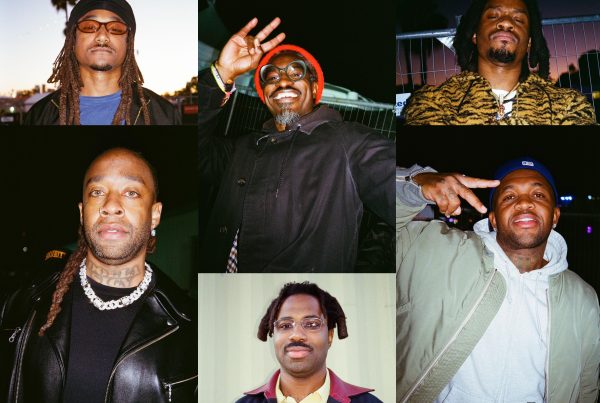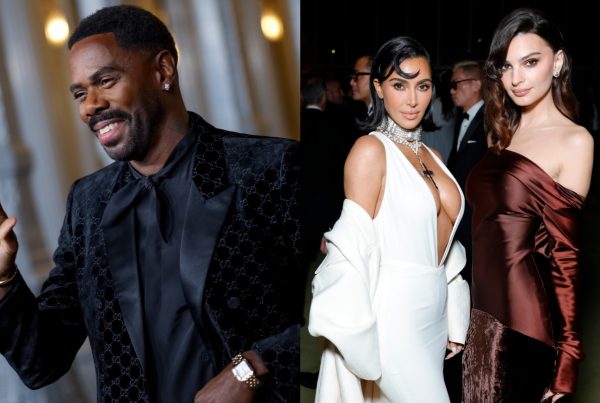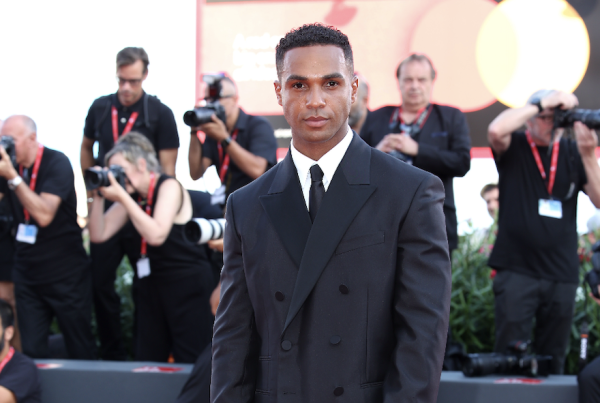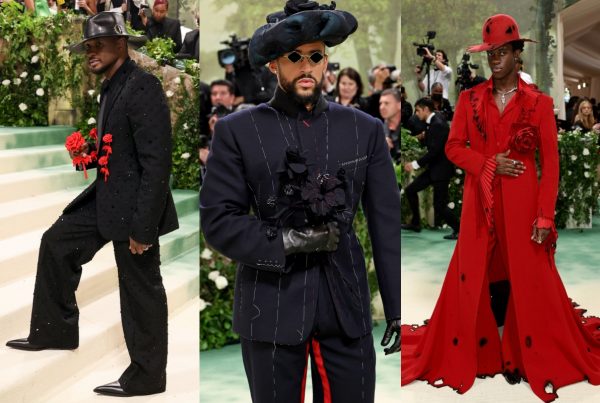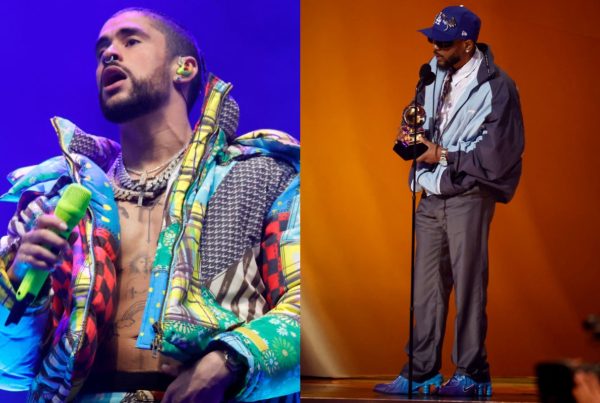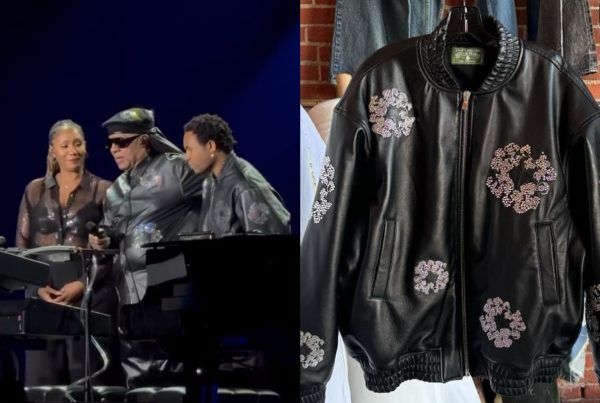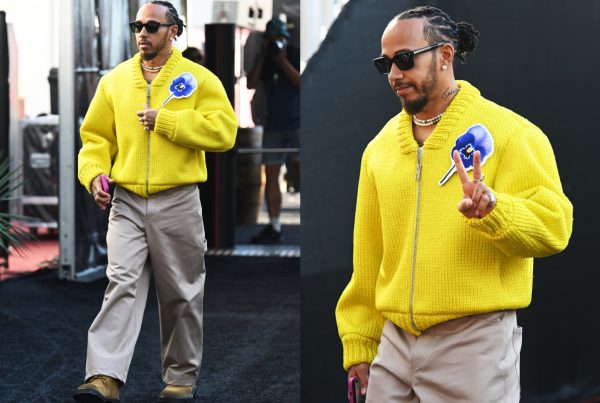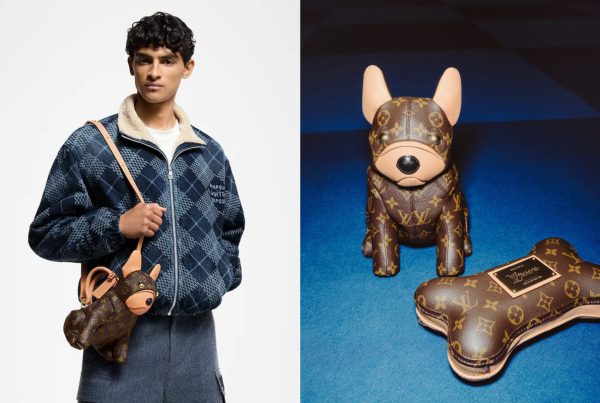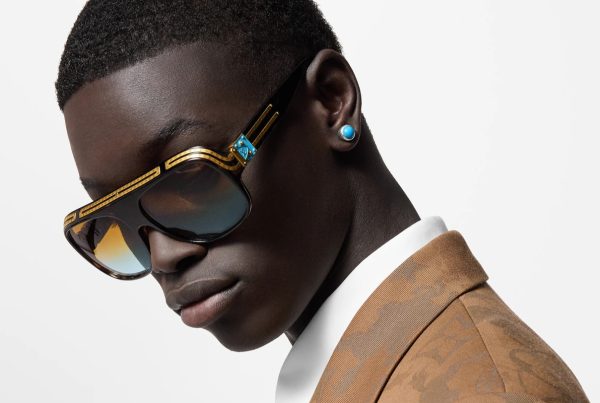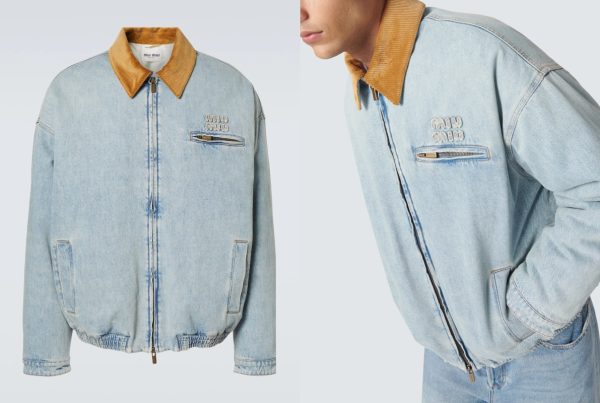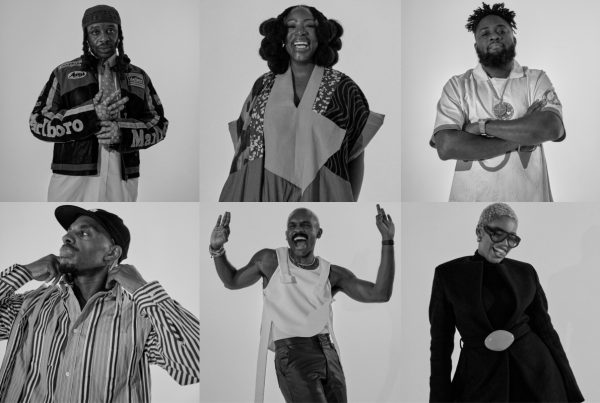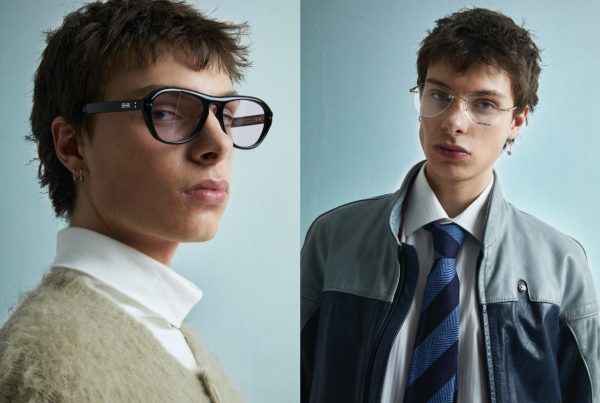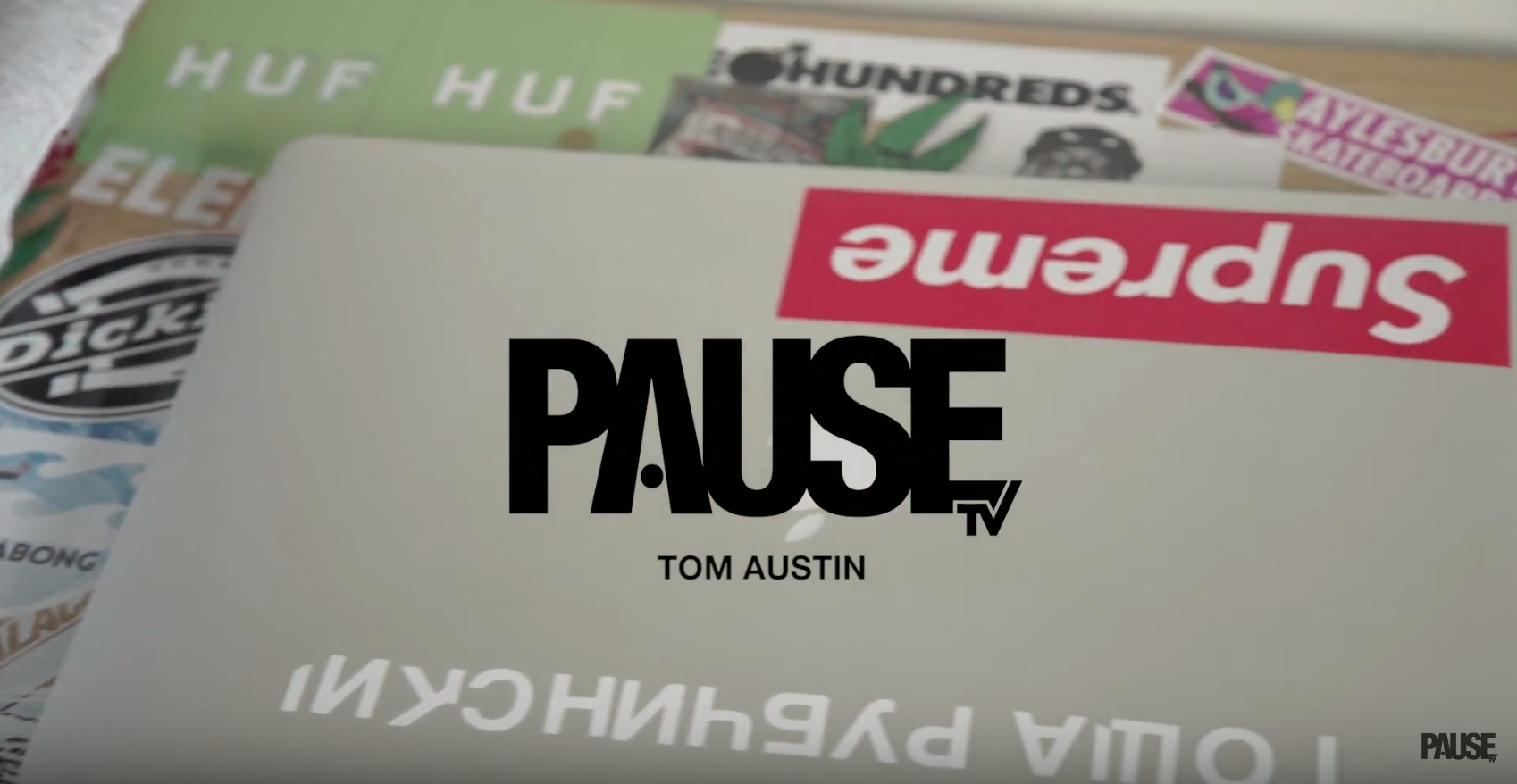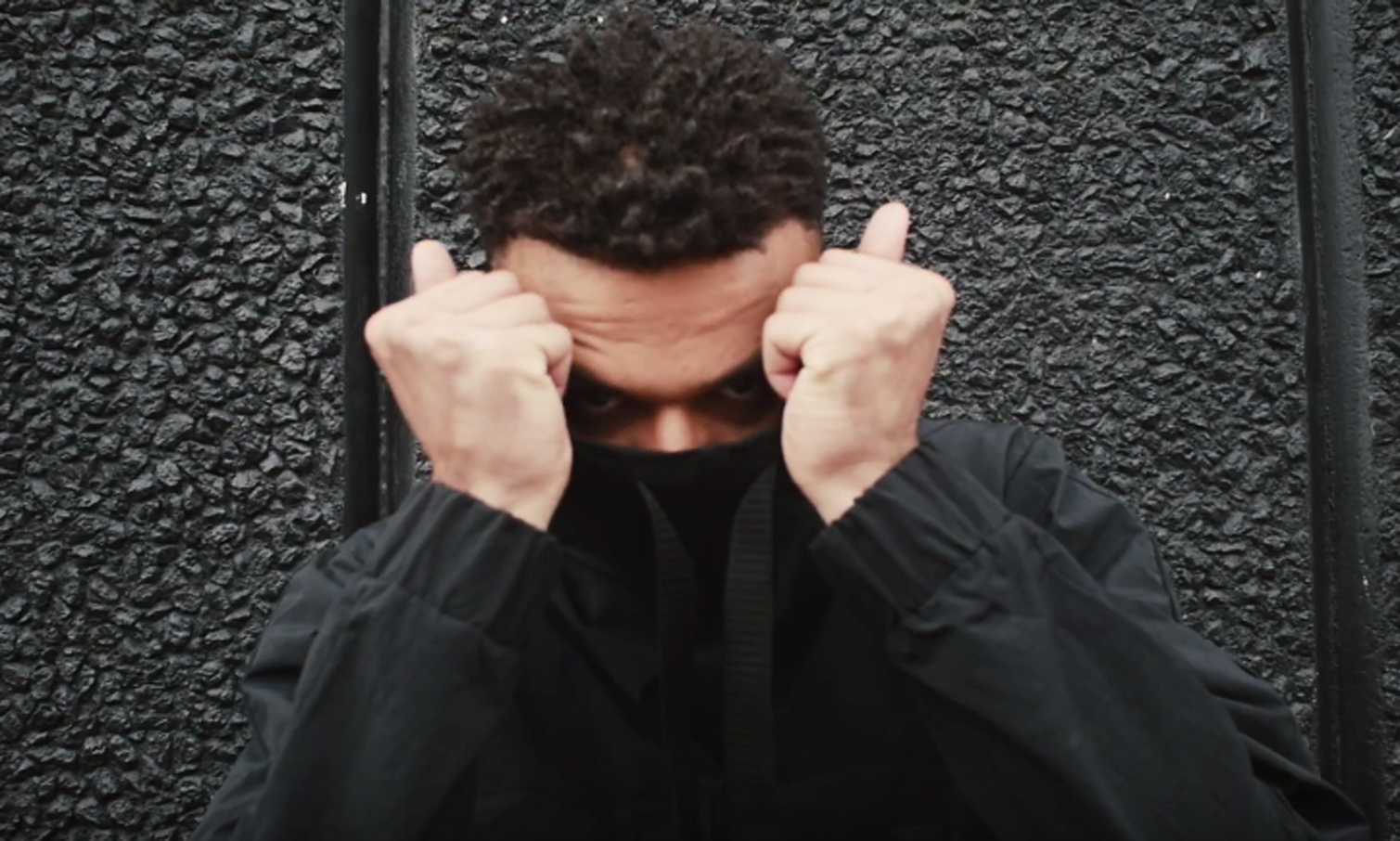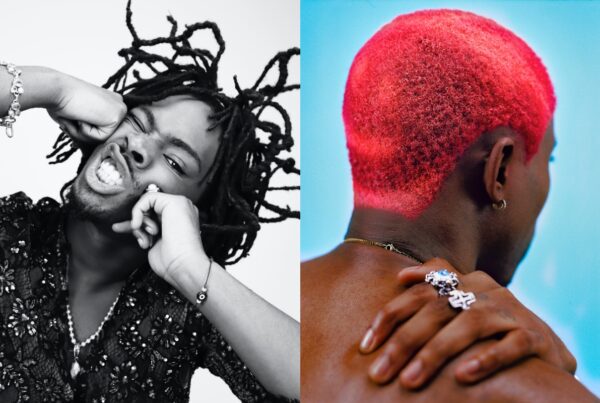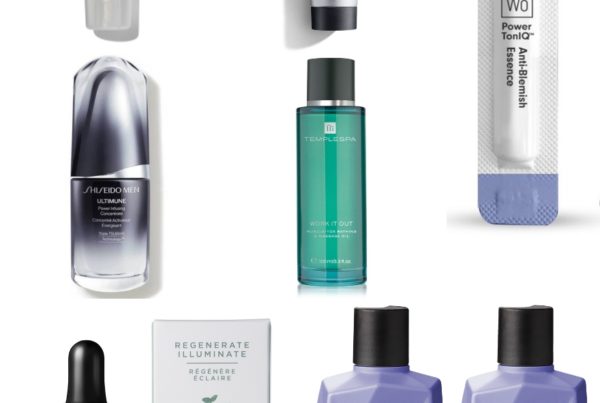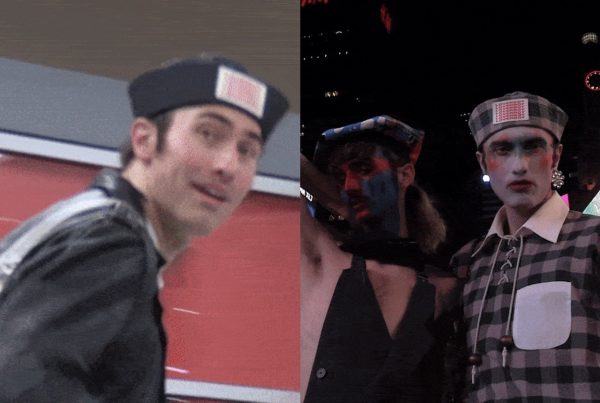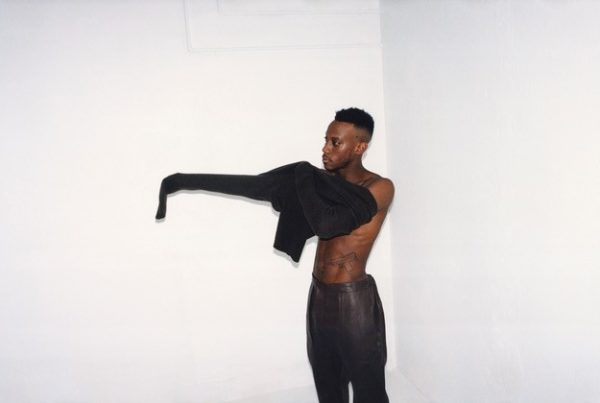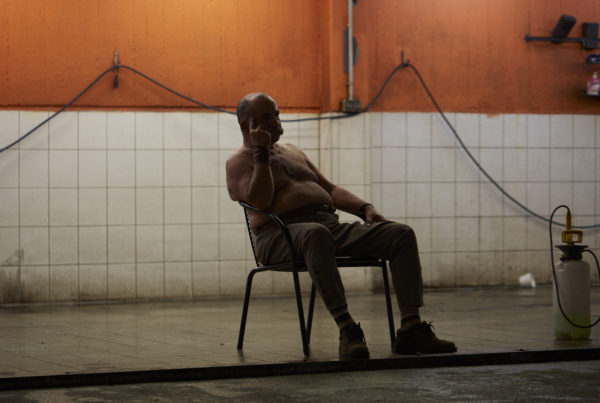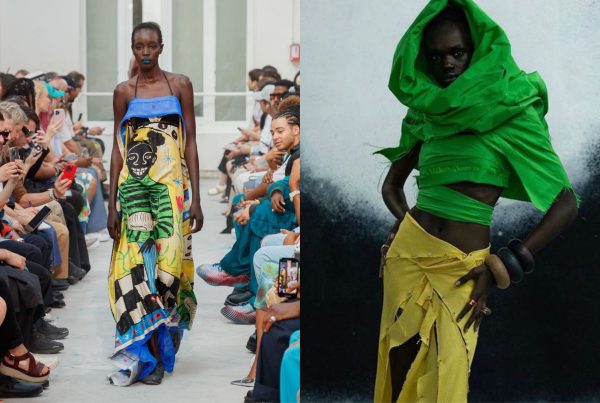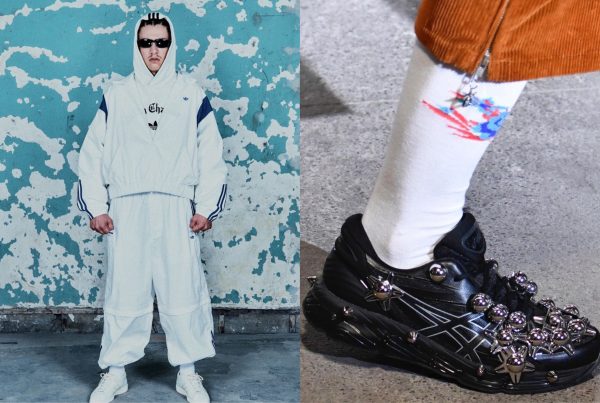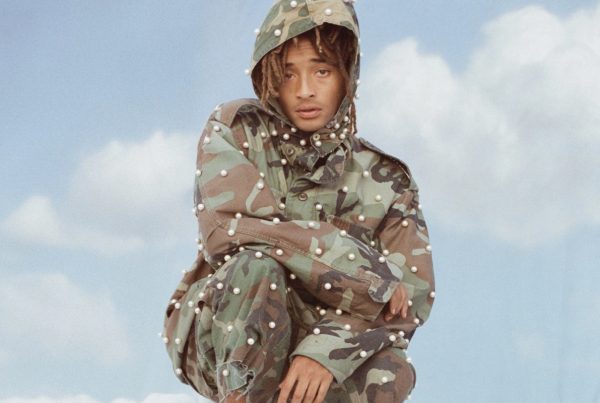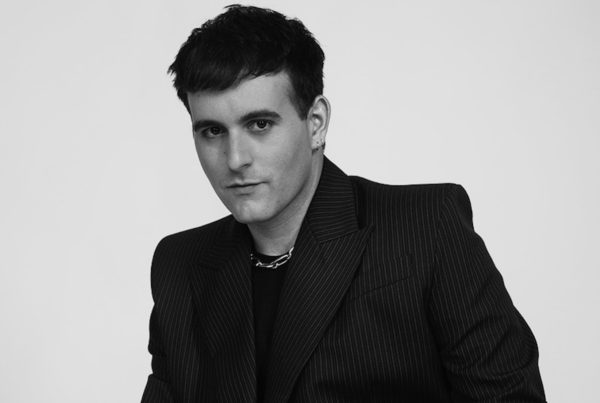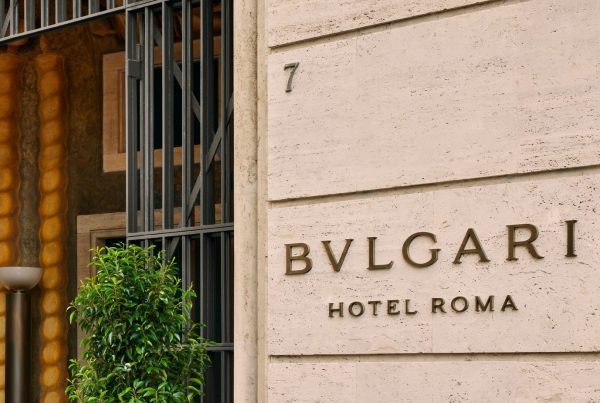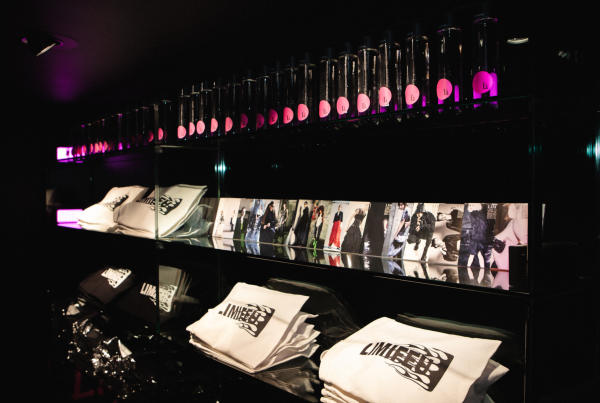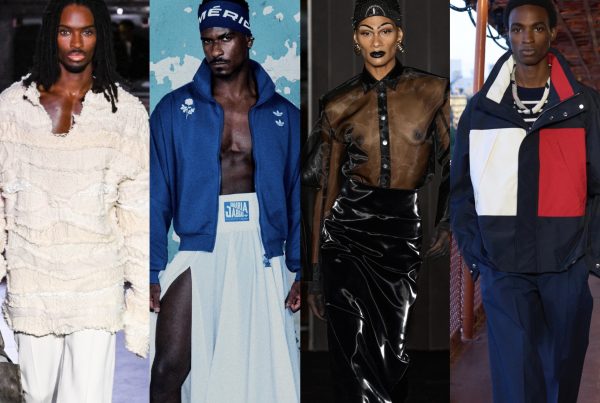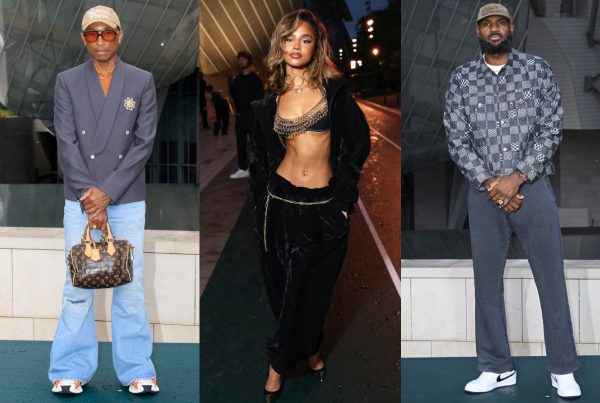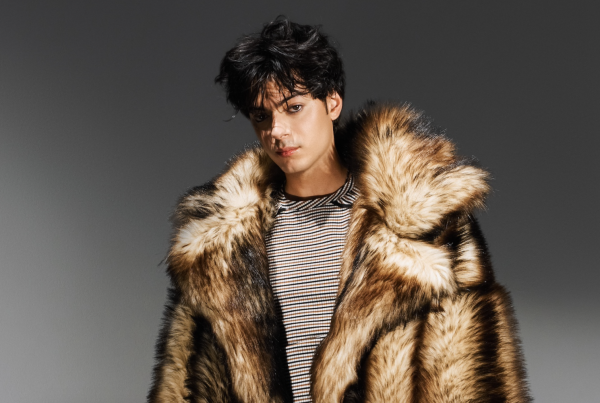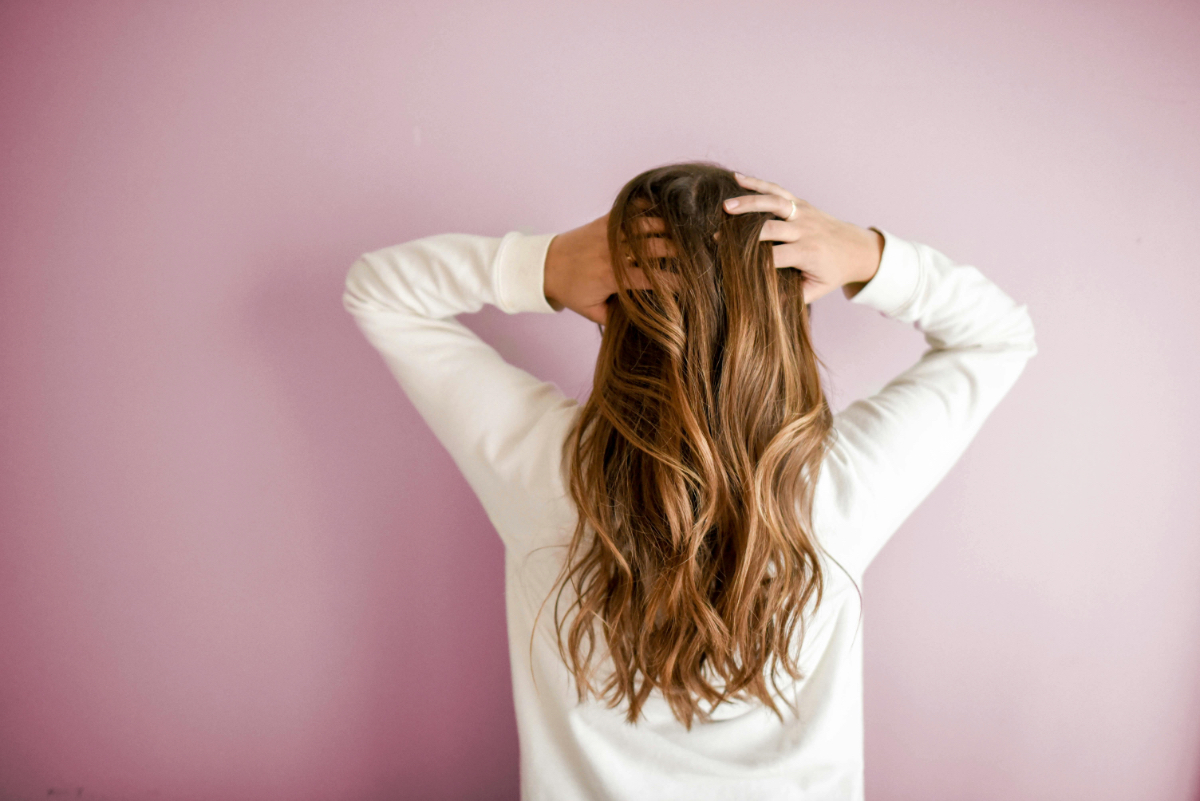
Fashion, Self-Expression, and Self-Esteem
Fashion is intricately linked to self-confidence, particularly in the context of dating. Empirical data corroborates the intersection between fashion and self-esteem. A noted study in the Journal of Fashion Marketing and Management identifies a positive correlation between utilizing fashion as a form of self-expression and elevated self-esteem and life satisfaction. The implications of these findings suggest that individuals who curate attire reflecting their personal style tend to experience a heightened sense of self.
In dating scenarios, the importance of attire cannot be understated. A 2024 survey from Glamour magazine reveals that 71% of women and 63% of men recognize the significance of a person’s attire on first dates in influencing their interest levels. This viewpoint is consistent within online dating environments, where profiles featuring full-body photographs, which display fashion sense, received 27% more likes in 2023 than in 2022. These statistics exemplify the pivotal role that visual presentation plays in establishing initial attraction and connections.
Fashion’s Influence on Dating Dynamics
The impact of fashion on interpersonal relationships is also observable in anecdotal accounts. For instance, one individual documented enhanced relationship dynamics through wardrobe revamping and increased attention to personal appearance. This shift fostered improved self-esteem and positively transformed her romantic interactions, thereby highlighting the consequential nature of fashion on self-confidence and relationship quality.
Online dating platforms provide further insights. A Zoosk survey underscores the influence of fashion-related terminology in dating profiles. Entries mentioning “dressing up” saw a 135% uptick in message receptions, while “stylish” profiles experienced a 134% increase. This data underlines the potency of fashion as a catalyst in capturing potential partners’ interest.
Research in the Journal of Social and Personal Relationships elucidates the role of appearance confidence in social interactions. The study determined that individuals confident in their fashion choices are more likely to initiate conversations and establish connections on dating platforms. Consequently, confidence in physical presentation, facilitated by thoughtful fashion choices, constitutes a critical element in contemporary dating.
Relevant literature further explores these dynamics. Carolyn Mair’s “The Psychology of Fashion” delves into the effects of clothing on cognition, emotions, and conduct, reaffirming “enclothed cognition” and its bearing on self-assurance. This scholarly work provides additional context to the empirical findings, reinforcing the psychological impacts of fashion on self-perception and behavior.
Fashion, Color, and Attraction
Misperceptions about gendered interests in fashion are also dispelled by data. Research indicates that men regard fashion as a medium for personal expression, while women view it as a means to enhance external appearance. This distinction reveals that both genders attribute considerable importance to fashion, albeit for differing motivations.
Color psychology offers additional insights into fashion’s influence on attraction. Studies indicate that red and black garments can enhance attractiveness and desirability on dates. For example, the University of Rochester discovered that red attire increases men’s romantic inclinations toward women, and men exhibit a propensity to spend more on dates when their partners wear red. Similarly, black is perceived as a secure yet fashionable color choice that positively affects the wearer’s appearance.
Moreover, fashion trends among young consumers underscore self-expression through attire. A 2022 Statista survey reports that 62% of U.S. Gen Z consumers regard fashion as a primary mode of self-expression. This statistic reflects an increasing recognition of fashion’s role in personal identity and its implications for self-confidence and social interactions.
Behavioral research advises on attire selection for first dates, emphasizing clothing that instills confidence and comfort. The principle “look good, feel good” is supported by empirical evidence, suggesting that wearing items symbolically linked with success and attractiveness, such as a well-tailored suit or a black dress, can elevate self-confidence and enhance first impressions.
For many, confidence in dating involves clear communication of intentions. In dating, being assertive about your relationship goals is essential. If being a sugar daddy is something you’re interested in, expressing this clearly can help in finding like-minded individuals who respect and share your intentions.
In summary, data and research substantiate the interplay between fashion and self-confidence on dates. Attire choices profoundly influence self-perception, social interactions, and the formation of initial impressions in dating contexts.

